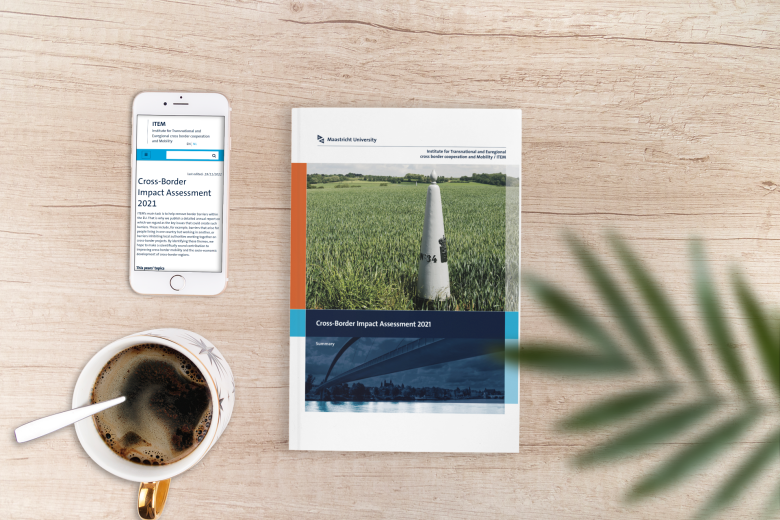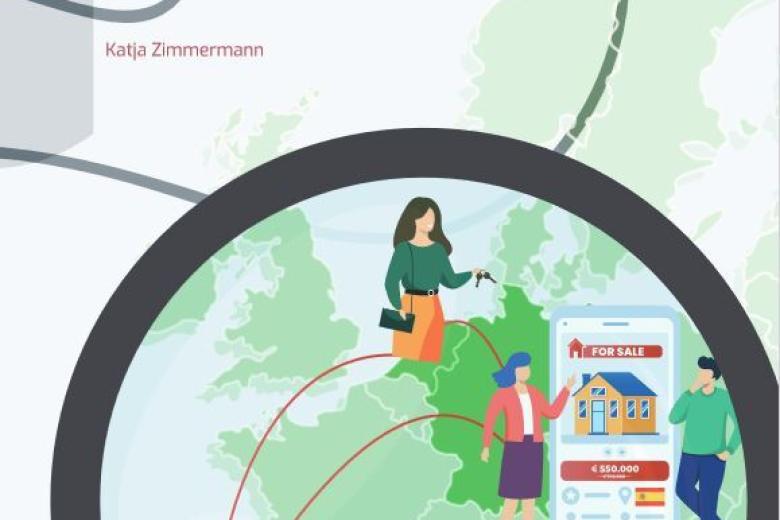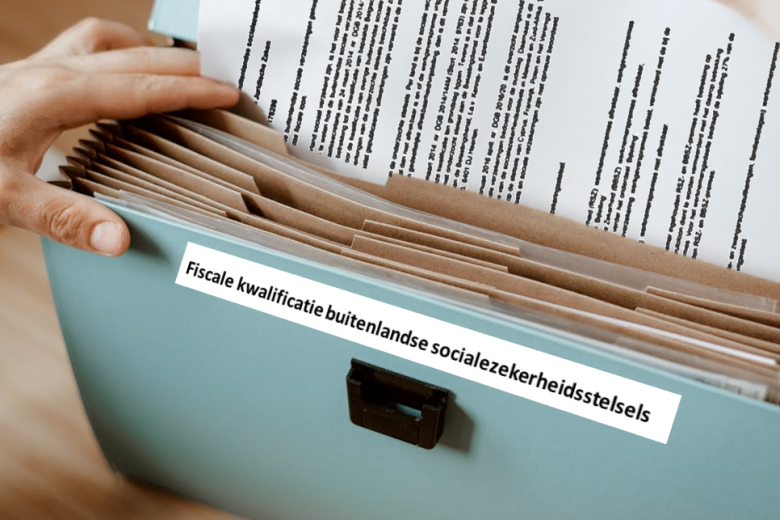Frontier workers not eligible for Baukindergeld
In March the German coalition agreed to a subsidy aimed at stimulating young families' own home ownership financially. Only people living in Germany are eligible. What does this mean for taxpaying frontier workers? According to expertise centre ITEM the condition to apply for Baukindergeld constitutes a restriction on the European freedoms. The Baukindergeld was examined in the framework of ITEM’s annual Cross-border Impact Assessment.
In the Koalitionsvertrag, the CDU, CSU and SPD have agreed, within the framework of the so-called Wohnraumoffensive, to a subsidy aimed at stimulating young families' own home ownership. The Baukindergeld ('Building children benefit') is a child dependent subsidy that can be obtained for a period of ten years for the purchase of an existing or newly built home in Germany. The subsidy is € 1,200 per child per year (up to the age of 25). A condition for the benefit is that the annual taxable family income does not exceed € 75,000, to be increased by € 15,000 per child. The subsidy can be requested since September 2018 and is retroactively valid from 1 January 2018. As a part of the ITEM Cross-border Impact Assessment 2018, the expertise centre ITEM investigated this if the Baukindergeld constitutes a restriction on the freedom of movement and the freedom of establishment of persons.
Residence requirement of the benefit not EU-proof
The proposed scheme, as it stands today, has the effect that frontier workers do not meet the conditions to qualify for the Baukindergeld since the proposed scheme requires that the person concerned be resident in Germany. Making the Baukindergeld conditional on the residence being situated on German territory is contrary to EU law. The subsidy has a dissuasive effect on frontier workers working in Germany. It follows that the Baukindergeld violates the freedom of movement of workers and the freedom of establishment. Persons who are subject to unlimited taxation in Germany, but who live outside Germany, earn in most cases almost all of their (family) income in Germany (90%) and must therefore be treated in the same way as residents of Germany with regard to personal and family benefits.
Lessons from previous European conviction of former German 'Eigenheimzulage'
The Baukindergeld is the successor of the former Eigenheimzulage in Germany. Entitlement to the this German tax-free subsidy scheme to promote home ownership was granted in Germany for unlimited taxpayers who acquired a home in Germany. However, Germany refused to pay the Eigenheimzulage to frontier workers working in Germany. For this reason the Eigenheimzulage was abolished in 2005. Following an infringement procedure by the European Commission, the Court of Justice ruled against the German government in 2008. Frontier workers who had applied for Eigenheimzulage received the Eigenheimzulage retroactively.
The above makes it clear that the Baukindergeld may not be limited to homeowners in Germany. Frontier workers living outside Germany and working in Germany are also entitled to the subsidy.
Cross-border impact assessment
The expertise centre ITEM advises to still consider a coherent analysis of the expected impact of the new legislation on cross-border workers be incorporated in the parliamentary scrutiny of new legislation.
The full dossier can be found in the ITEM Cross-border impact assessment 2018.
Source: https://www.cdu.de/system/tdf/media/dokumente/koalitionsvertrag_2018.pdf?file=1
Also read
-
ITEM Cross-Border Impact Assessment 2021 published
Due to the Corona crisis, also many cross-border workers are forced to work in their home country. They have been asked not to cross the border to come to their office situated in the neighbouring country. At the moment, this is only possible because the Dutch, Belgian and German governments have...

-
Success factors for cross-border real estate transactions: information and patience
Buying a house abroad, with the complex procedures of rules and formalities that apply in the world of real estate transactions, one might wonder: what obstacles might I encounter? In her dissertation, Katja Zimmermann examined the operation and obstacles of various land registration systems. Her...

-
ITEM focal point taken up: addition to Dutch qualification policy for German social insurance schemes
The Dutch Ministry of Finance has updated the guideline on the tax qualification policy of foreign social security schemes. According to expertise centre ITEM, the addition concerning certain German social insurances is a positive development, which is in line with their vision and commitment in...
